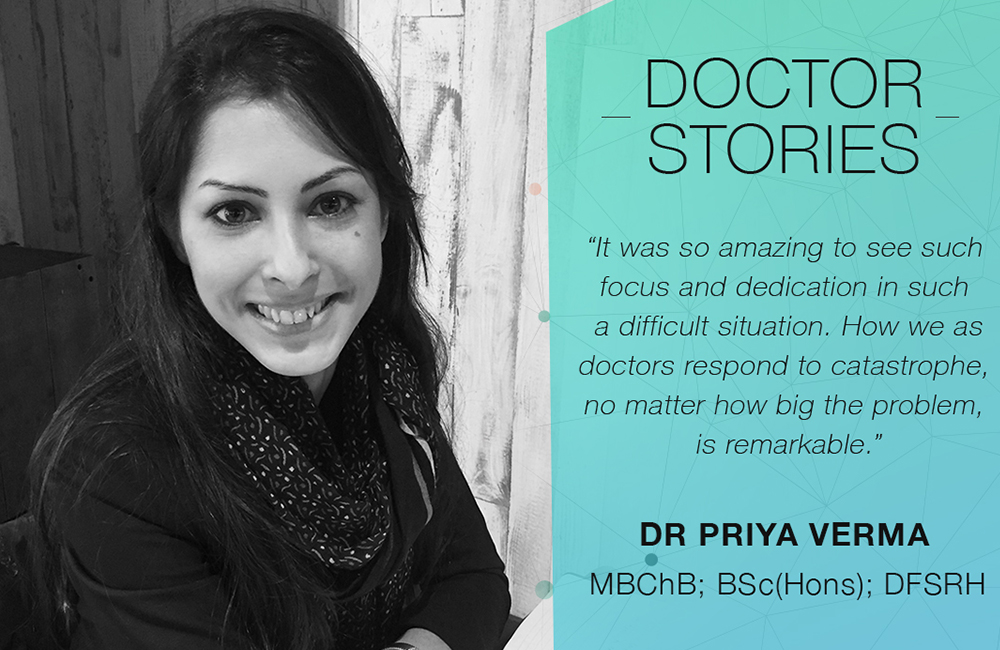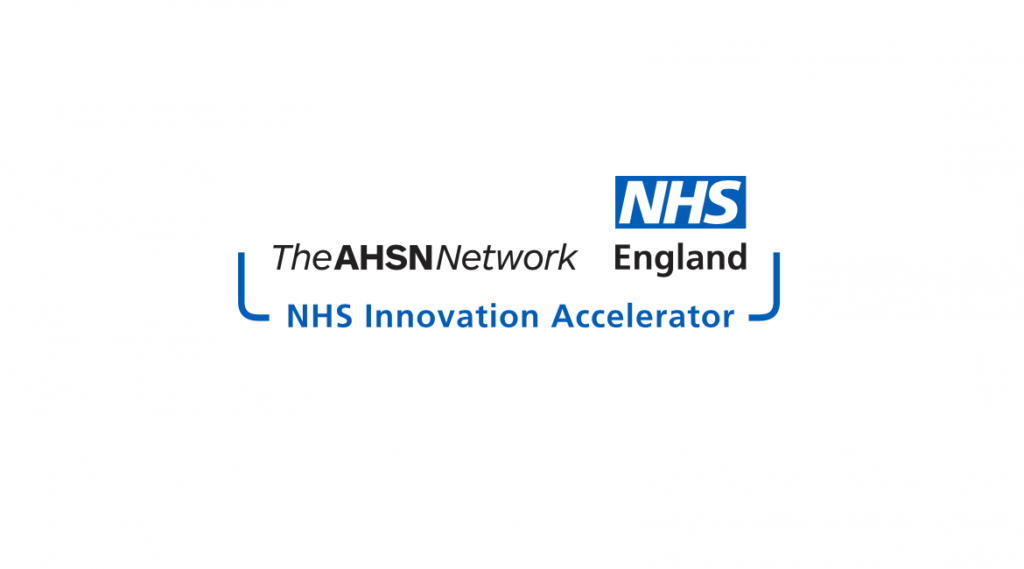Meet Dr Priya Verma, one of the medical specialists who contributes to the knowledge within DemDx.
Why did you choose medicine as a career?
I have always been curious about how the human body works. I think every job has a particular personality type – and for me, being a medic you need to be annoyingly meticulous, completely and utterly dedicated to the task at hand, and most importantly be interested in people.
There really was no other job for me, from my childhood days of rushing to the ‘Doctors book of home remedies’ for every minor ailment in my family, it was always going to be medicine.
How did you come about selecting your speciality?
I did my undergrad degree in Biomedical science and then went on to do a fast-track postgrad degree in medicine. I had always wanted to be a stroke physician or neurologist, however I realised that I wanted to do lots of other things early in my career, such as research, exploring healthcare entrepreneurship, teaching and being involved in healthcare leadership. A career in general practice seemed the perfect balance of flexibility and clinical stimulation.
I am now doing an academic clinical fellowship funded by the National Institute for Health Research (NIHR) in general practice, with a research focus on the use of med tech in primary care. Tech innovation is a controversial topic for some but is definitely providing a changing canvas for general practice if not medicine altogether. The delivery of care is changing rapidly and likely won’t be the same in the next 5 to 10 years which really intrigues me. Being a young doctor conducting research into technology that can shape how we consult and practice medicine in the future is an amazing opportunity.
GP is a fantastic speciality! Of every speciality, GP lends itself well to understanding the lives of your patients and having a long lasting relationship with them. As a GP, your clinical acumen has to be spot on. You are led by your clinical skills to obtain a diagnosis, not by detailed investigations which are easily accessible in hospital. Everyday you are faced with diagnostic challenges and the spontaneity of what may walk through your door!
What is a memorable moment in your career?
As a surgical med student on-call covering trauma, we had a 30-year-old male road traffic collision come in. He was possibly asleep at the wheel and his car drove off a bridge, landing on a motorway and crushed by a high-speed lorry. He was airlifted to hospital into A&E resus and very quickly had a full body CT. He had a lacerated bladder, two broken hips, a splenic rupture, liver lacerations, and a haemothorax. He was rushed to surgery with 16 surgeons in the room.
I was standing at the foot of the operating table and to this day have never seen anything quite like it. There were two orthopaedic surgeons attempting to stabilise the bleeding from the femurs, a urologist trying to suture his lacerated bladder, two GI surgeons suturing the splenic rupture and liver laceration, a cardiothoracic surgeon, two anaesthetists and circulating surgeons to help scrub in. The entire axial body was effectively open – the thorax, the abdomen, the pelvis, and from where I was standing I could see almost every organ.
It was so amazing to see such focus and dedication in such a difficult situation. How we as doctors respond to catastrophe, no matter how big the problem, is remarkable. It was an inspiring moment in medicine, not to mention a demonstration of how truly remarkable the NHS is.





